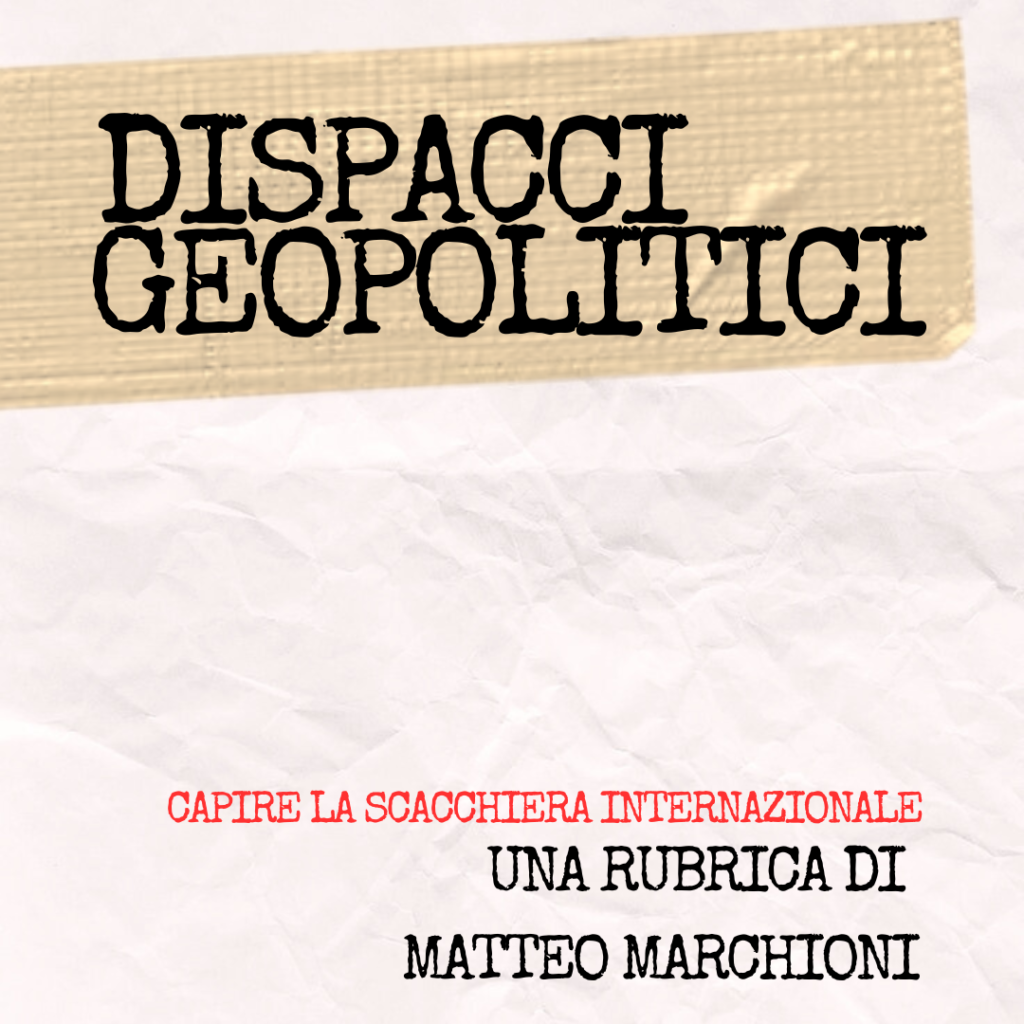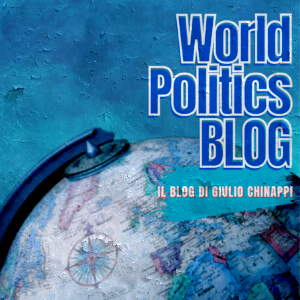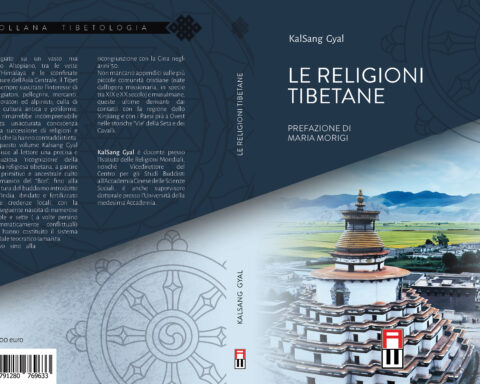Il Cese-m segnala il seguente articolo e ne consiglia la lettura.
Articolo originale: http://sputniknews.com/radio_red_line/20141115/1014828578.html
Despite all differences and stiff competition the participants agreed there is no alternative to regional integration which Chinese leader Xi Jinping coined as an Asia-Pacific dream.
Studio guest Vladimir Sotnikov, Director of the East-West Strategic Studies Center in Moscow, independent think-tank, Alexander Lomanov, the Head Research Fellow at the Institute of Far East at the Russia’s Academy of Science, Brian Yeung, an independent contributor to Chinese and English media in Hong Kong, AsiaGamingBrief contributing editor, and Dato Zainel Abidin Omar, Ambassador of Malaysia to Russia, shared their opinions with Radio Sputnik.
How different is this Asia-Pacific Economic Cooperation Summit this year compared to the others?
Vladimir Sotnikov: Comparing with the other summits of Asia-Pacific, this summit was concentrated on the economic issues. The second thing is that beyond any doubt China has proved to be a leader of the Asia-Pacific community. And by the way, that was anyhow recognized by the US. Another thing is the role of Russia. I think that Russia played very well in this summit and also proved to be one of the Asian leading powers. Basically, the main difference between this forum and the forum of, say, last year is that the two Asian powers proved to be in the lead of what is actually called the Asia-Pacific policy.
What was the agenda and did they achieve what they came for at the summit?
Alexander Lomanov: I think that the best thing in these summits is the so-called face-saving. It is the traditional Chinese formula,which is based on the Chinese ethics that everyone should have a possibility to save face and to claim to be a winner. Now the most pleasant thing which makes Asia so different from Europe is that all the participants are claiming to be the winners and to be happy with it.
So, China was of course able to express its huge economic potential, especially by pledging $40 billion for the development of infrastructure in the region. And it is an especially attractive and a lucrative deal for China’s neighbour. For Russia it was a breakthrough in the political and partly economical blockade imposed by Europe and the West, because the Russian leader Vladimir Putin was able to meet many leaders of the region in Beijing during the summit.
And also, Barack Obama was able to claim that he is the winner, because he signed a climate protection deal, the greenhouse gases emission cutting bill with China. And the environmental protection problems are very sensitive in the West. And he also the document on diminishing the military rifts. It is the document targeted at exchanging the information on the military activities between China and the US.
And also, what is the most important is that the Chinese are happy. I’m not saying that the one point something billion Chinese people are all happy, but every year about 2 million are applying for the American visas to visit the US. So, now it is the outcome of the summit that the Chinese can get a ten-year visa. And those Chinese who belong to the political, economic and intellectual elite who visit the US so often, they are very happy to get these ten-year visas.
What is you take on the idea of Asia-Pacific dream? Is it just a metaphor or is this the reality of the 21st century?
Alexander Lomanov: I think we should proceed from the Chinese domestic reality. When Xi Jinping came to power, that was exactly two years ago, he immediately proposed his slogan of the Chinese dream. It is an idea of prosperous, happy, developed China that can provide the decent conditions of living for its citizens. And the second step, which was proposed several months later, was that the Chinese dream should be linked to the dream of the world. So, the idea is simple, but nevertheless is very constructive and fruitful, that the development of China should bring more benefit to the development of China’s neighbours and to the world as a whole.
So, that’s why the idea of the East Asian dream is something secondary which is based on the core idea of the Chinese dream. But the idea itself, as I said, is very simple and it is also feasible, that China, in the course of its development, should bring benefits not only to China itself, but to its neighbours. And moreover, through the development of infrastructure – new pipelines, new railroads, new highways, new sea ports – there is a chance to develop a new economic community is East Asia. But it would definitely be a China-centered community.
Whether this dream would be attractive for all the members of the East Asian community or not, it is an open question. But what is definitely true is that China is able to provide what it is promising. It is able to provide money, it is able to provide equipment, able to provide trade opportunities.
Tell us, what the atmosphere has been like in the region? What the Chinese media has been saying about the results of this summit?
Brian Yeung: Basically, in China there is a kind of excitement about the APEC summit. If you remember, back in 2008 when China hosted the Olympic Games, they talked about one world, one dream. At that time China wanted to be seen as part of the global community. But this time, in 2014 when China holds the APEC summit and they talk about the Asia-Pacific dream, this means that China may be able to lead the region.
How important is this Asia-Pacific economic summit for Malaysia?
Dato Zainel Abidin Omar: The APEC summit is very important for Malaysia. As you know, Asia-Pacific encompasses nearly 40% of the world’s population. And it also encompasses 57% of the world’s GDP. And also, it has 46% of the global trade. So, for Malaysia to be part of this regional grouping is very important, because Malaysia is very involved into the international trade and we would like to see a good trading system in the Asia-Pacific region.
We all know that Asia-Pacific is plagued by conflicts and confrontations, do you think that Asia would be able to stand united? How do you understand the Asia-Pacific dream?
Dato Zainel Abidin Omar: Asia-Pacific is an idea that has been growing for 25 years. I think it is an area where there is the possibility for intense cooperation in the economic field among the 21 economies of the Asia-Pacific dream. So, this has enabled the countries to have a very good discussion on where to develop and what future lies for the Asia-Pacific. I think this is a very important summit which enabled the 21 leaders to discuss what they would like to do with regards to the economic cooperation and how to enhance the economic standing of the region in the world.
How do you assess the Russian-Malaysian relations?
Dato Zainel Abidin Omar: This is the second time the President of the Russian Federation is meeting with our Prime Minister. They met during the APEC summit in Vladivostok in 2012. So, I think for them to meet again at this important summit in Beijing is something that reflects the good bilateral relations between Malaysia and the Russian Federation. And the meeting has enabled the two leaders to discuss in depth how we want to move forward this very important relationship between Malaysia and the Russian Federation, especially with regards to enhancing the economic cooperation.


















Il CeSE-M sui social